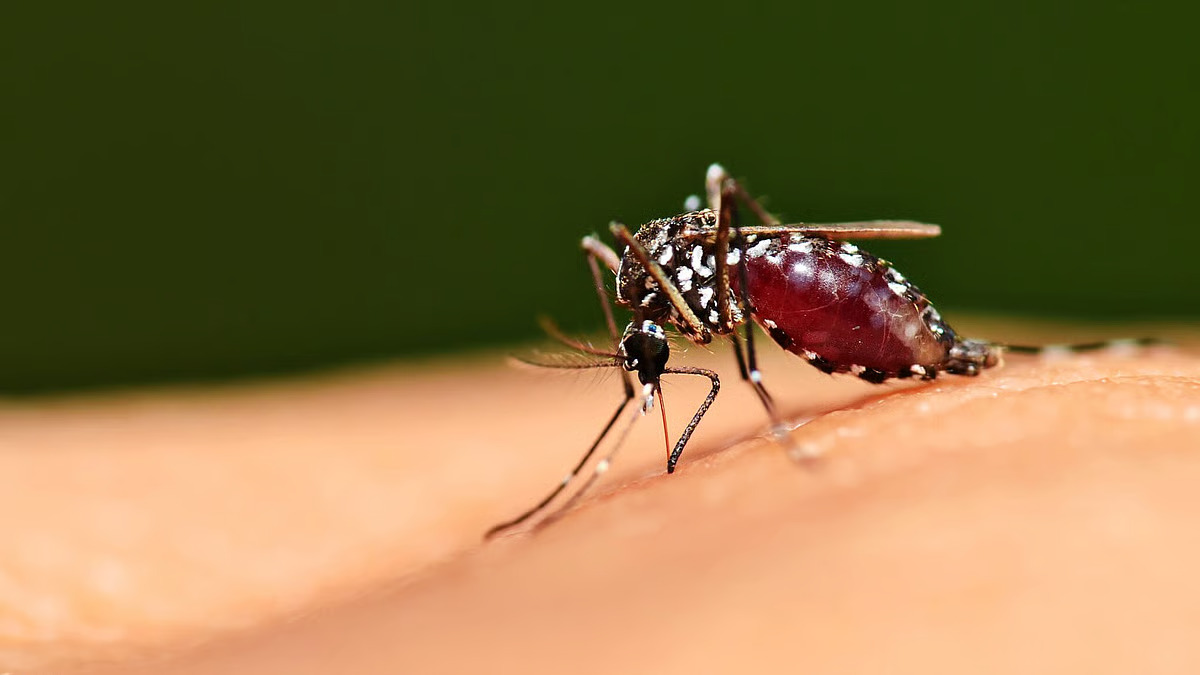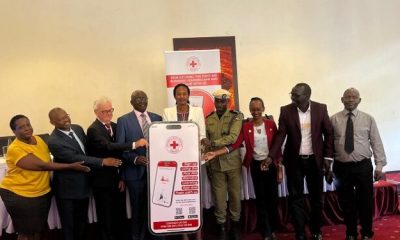Health
Uganda Marks World Mosquito Day, Calls for Strengthened Malaria Control Through Environmental Measures
Uganda has joined the global community in commemorating World Mosquito Day, honouring the 1897 discovery by Sir Ronald Ross that the female Anopheles mosquito transmits malaria. Over a century later, mosquitoes remain the deadliest animals on earth, responsible for more than one million deaths annually, with malaria accounting for a significant proportion.
In Uganda, malaria continues to pose a serious public health threat, particularly affecting children under five and pregnant women. The disease devastates households and communities, especially in rural areas, despite decades of intervention by health workers, scientists, civil society, and international partners.
This year’s World Mosquito Day serves as a call to strengthen and sustain malaria control efforts, with a special focus on environmental mosquito control, which remains among the most effective, affordable, and sustainable strategies to reduce transmission. “Malaria is both preventable and treatable, and environmental control is one of the most powerful tools we have to fight it,” the Ministry of Health emphasised in a statement.
The Ministry of Health urges government bodies, community leaders, and citizens to actively participate in reducing mosquito breeding through the following measures: Eliminate stagnant water around homes, schools, farms, and public spaces, including puddles, clogged drains, and open containers. Clear bushes and tall grass near residences to remove mosquito resting sites.
Properly dispose of containers that can collect rainwater, such as old tires, cans, bottles, and utensils. Clean and cover water storage tanks and drums to prevent mosquito breeding. Organize community cleanups with Village Health Teams (VHTs), youth groups, schools, and local councils.
Support larval source management (LSM) and safe use of larvicides in high-risk areas in coordination with local authorities. Promote mosquito-safe housing designs, including screened doors and windows and well-ventilated homes.
Environmental management is considered a shared responsibility and a central component of the One Health approach, which recognises the connection between human health and the environment.
The Ministry of Health also called on the Government of Uganda, including the Ministry of Finance, Members of Parliament, and District Local Governments, to increase domestic investment in malaria prevention and mosquito control. The statement noted that overreliance on donor funding is unsustainable and that Uganda must take full ownership of its malaria response.
“Malaria should be treated as a national development priority, integrated into all national and district planning frameworks,” the Ministry said, urging coordinated action across all levels of government and society.
As Uganda observes World Mosquito Day, health authorities stress that eliminating malaria requires collective effort, combining environmental management, community engagement, and strategic investment to protect the country’s most vulnerable populations and achieve sustainable health outcomes
Comments



















